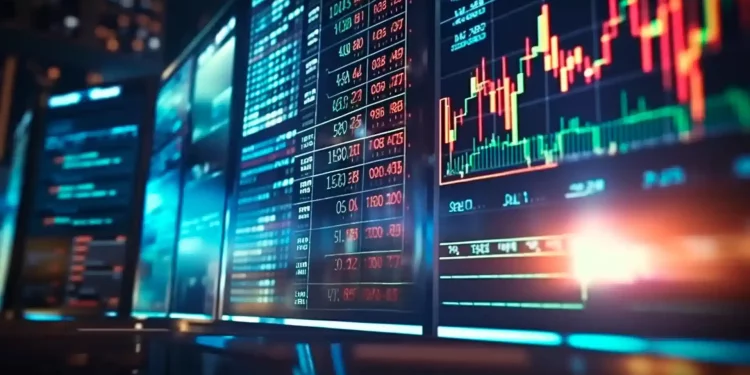In a move rarely taken by developed countries, and one being seen around the world as particularly drastic, South Korea has once again imposed a ban on short selling, extending it till at least June 2024. This decision is the fourth instance of the country resorting to such measures, having previously done so in 2008, 2011, and 2020, and reflects a disturbing trend in Korean economic thought
Why did the South Korean government go to such drastic lengths?
South Korea‘s Financial Services Commission (FSC) has decided to reinstate the short-selling ban due to concerns over increasing market volatility. The stock market has experienced abrupt price fluctuations, causing investor unease thus prompting regulatory intervention. The ban is advertised as a measure to restore stability and confidence in the financial markets.
One of the critical factors driving this decision was the proliferation of illegal short-selling, especially a practice known as “naked short-selling.” Naked short-selling is when traders short stocks without first borrowing them or confirming their availability for borrowing. Regulators argued that such practices undermine fair price discovery and erode market confidence. To combat this, South Korea has opted for a total ban. Another driving force behind the reinstatement of the ban was the growing clamour of retail investors in South Korea. Individual investors have long been petitioning for a complete ban on short selling, calling it a reason for major losses for retail investors.
What kind of effects could such a step have on South Korea?
The immediate impact of the short-selling ban was a sharp spurt in South Korea’s stock market. The benchmark Kospi 200 index saw an increase of 5.7%, its most impressive performance since March 2020. Similarly, the small-cap Kosdaq index jumped by 7.34%. Stocks heavily targeted by short sellers, such as battery producers and tech stocks, saw especially large gains. This rally has provided a temporary relief for investors.
However, South Korea’s frequent use of short-selling bans has raised concerns about the country’s alignment with global norms. As a result, the ban is likely to affect MSCI’s decision to upgrade South Korea from an emerging market to a developed one. MSCI has previously cited South Korea’s short-selling bans as a hurdle to such an upgrade. This delay can have broader impacts on the country’s global credit rating.
While the short-selling ban is seen as a positive move by local investors and public sentiment, it could deter foreign investors. International investors may lose trust in the South Korean market, as broad short-selling bans are considered opaque and limit price discovery. The ability to engage in short selling is seen as an important tool for risk management, and its restriction will surely affect international investment decisions.
South Korea’s decision to reinstate the short-selling ban is an overly sharp response to market volatility and local investor demand. While it has caused a temporary surge in stock prices, the long-term impact on the country’s credit rating and foreign investment is dicey. The decision to reinstate the short-selling ban comes at a pivotal time, with general elections on the horizon in South Korea, making this a possible case of politically-motivated economics.


















